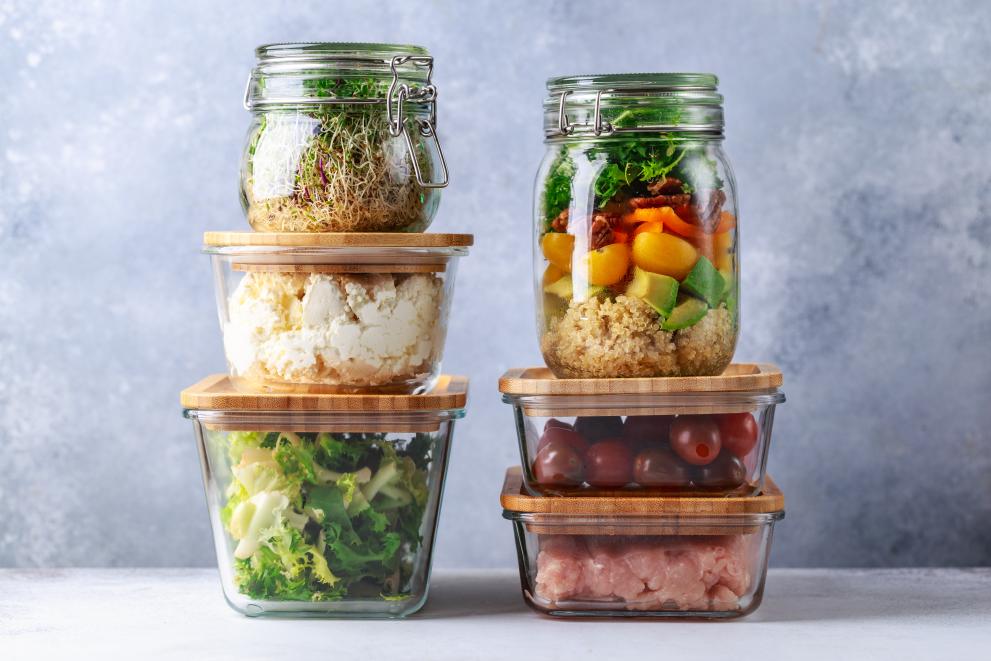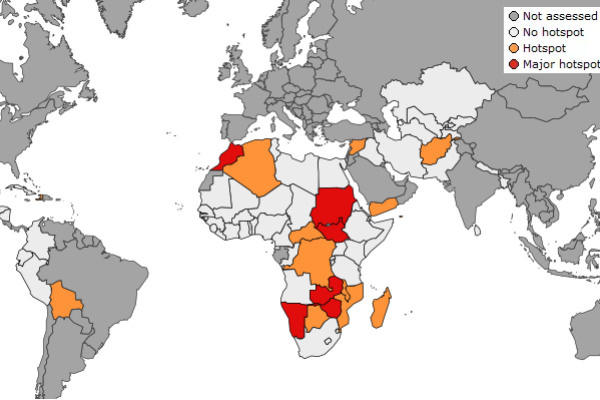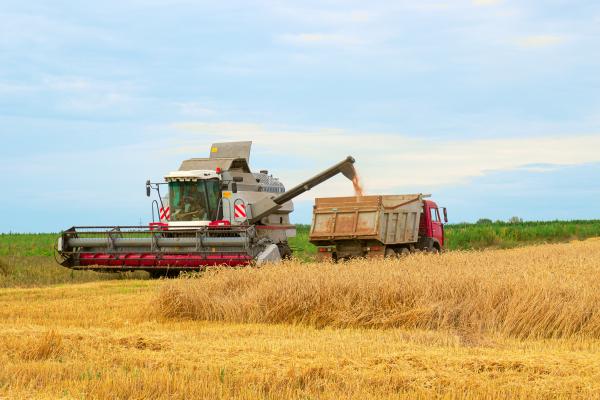
Academics and practitioners from different backgrounds identified and evaluated actions and developed recommendations for policymakers and other key players to reduce food waste. These are now available in a multilanguage interactive toolkit.
The toolkit to reduce consumer food waste includes four video tutorials, a food waste action planner to take inspiration from other successful projects, a food waste prevention calculator to calculate environmental, economic impacts and benefits of actions, and the nutritional value of saved food, and tailored recommendations for policymakers, businesses, schools in all EU languages.
An issue requiring urgent action
The amount of food wasted across the food supply chain is staggering. In 2021 only, the EU generated 58.4 million tonnes of food waste (including both edible and inedible parts), which corresponds to around 131 kilogrammes (kg) of food wasted per inhabitant per year.
It is estimated that around 10% of food made available to EU consumers (at retail, food services and households) may be wasted (Eurostat). At the same time, over 37 million people cannot afford a quality meal every second day (Eurostat, 2023).
Household waste alone accounted for 54% of the total amount of food waste in the EU, the equivalent of 70 kg per inhabitant. The highest share of food waste occurs at the consumption stage, including households, food services and retail (70% of total food waste), making it crucial to focus prevention efforts at this level of the food supply chain.
This waste emits 254 million tCO2 eq: if EU food waste were a Member State, it would have been the EU’s 5th largest emitter. Food waste has significant sustainability impacts as it encompasses all the impacts related to food production, distribution, storage, and treatment as waste. Therefore, a life cycle thinking approach is essential to understand the magnitude of this challenge. Reducing food waste is key to establishing sustainable food systems and deploying a circular bioeconomy, where biological resources are used sustainably.
A collaborative effort towards food waste prevention
The Joint Research Centre, in collaboration with the Directorate-General for Health and Food Safety set up the European Consumer Food Waste Forum in October 2021. This network of international practitioners and researchers identified a variety of evidence-based, practical solutions to reduce food waste at the consumer level.
The result of their work was published as a Compendium of tools, best practices, and recommendations to help all key players engage in actions to prevent food waste. The scientific recommendations and findings of the Forum have been summarised in a digital toolkit to support all actors in their interventions to reduce consumer food waste, which is accessible from the Knowledge Centre for Bioeconomy.
The toolkit was launched at the public event Let's reduce consumer food waste! Solutions from the European Consumer Food Waste Forum, held on 5 June in Brussels, which gathered policymakers at local, regional, and national levels, food businesses and other organisations, schools and educational establishments committed to tackling consumer food waste.
During the event, participants and practitioners, ranging from EU institutions and public authorities of all levels to food businesses, research, academia and other organisations shared their latest initiatives in the area of food waste prevention, including those addressing consumer behavioural changes, and discussed how the European Consumer Food Waste Forum can support their work.
The consumer food waste prevention toolkit
The toolkit launched at the event is addressed to practitioners from both public and private sectors: policy makers (national, regional, local), businesses, schools, and other organisations engaged in food waste prevention (e.g. consumer and environmental NGOs, food banks and other charities etc.), in EU Member States and beyond.
This toolkit includes:
- A series of four videos to provide guidance on planning, implementing, and evaluating interventions to reduce food waste using established quantification techniques and protocols. The videos are in English and come with subtitles in seven languages (English, French, German, Italian, Spanish, Polish and Romanian).
The first tutorial explains how to carry out an audience segmentation and tailor food waste prevention actions for specific consumer groups, drawing learnings from the JRC report ‘Segmenting consumers and tailoring behavioural interventions to reduce consumer food waste’.
The second tutorial covers methods for measuring food waste, based on the JRC report ‘Scoping consumer food waste: an evaluation framework of prevention interventions’.
The third tutorial explains how to assess the effectiveness of food waste prevention actions, based on the outcomes of the JRC reports ‘Evaluation of Consumer Food Waste Prevention Interventions’. It also introduces tools such as the Food waste prevention calculator and the Food waste prevention action planner. (see below)
The fourth video introduces the toolkit and explains how to use it.
- The Food waste prevention calculator, is an interactive online tool grounded in life cycle thinking. It helps users understand the impacts and benefits of food waste prevention actions. By entering data about the amount of food saved from being wasted, users can calculate the environmental, nutritional, and cost benefits as well as any trade-offs of their actions. The calculator also provides ready to use messages about these impacts to support communication activities. This tool is based on extensive work by the JRC published in 2019 and refined with feedback from Forum experts in 2023.
- The Food waste action planner is an interactive online tool that classifies over 70 food waste prevention actions implemented in various countries. The action planner operates as a decision tree, which users can navigate based on where the food waste prevention action occurs, the target audience, the geographical scale, and the type of action. The actions have been evaluated by experts from the European Consumer Food Waste Forum and can serve as a source of inspiration for both policy makers and practitioners.
- Informative leaflets with recommendations in food waste prevention for policymakers, food businesses and organisations, and schools are available in 24 EU languages.
- Scientific reports and communication materials developed by the European Consumer Food Waste Forum.
Background
The Farm to Fork Strategy puts forward a series of actions aimed at enabling the EU’s transition to a sustainable food system. On 5 July 2023, as a part of this strategy, the European Commission proposed to set legally binding food waste reduction targets for EU Member States to achieve by 2030 by means of a legislative proposal amending the Waste Framework Directive.
This proposal is currently under inter-institutional negotiations before the European Parliament and the council. According to he Commission proposal, Member States would be required to implement measures to reduce food waste by the end of 2030:
- by 10% in processing and manufacturing;
- by 30% (per capita), jointly at retail and consumption (restaurants, food services and households).
Related links
Tools, video/tutorial webpage/toolkit webpage
Event Let's reduce consumer food waste! Solutions from the European Consumer Food Waste Forum
Details
- Publication date
- 9 July 2024
- Author
- Joint Research Centre
- JRC portfolios




